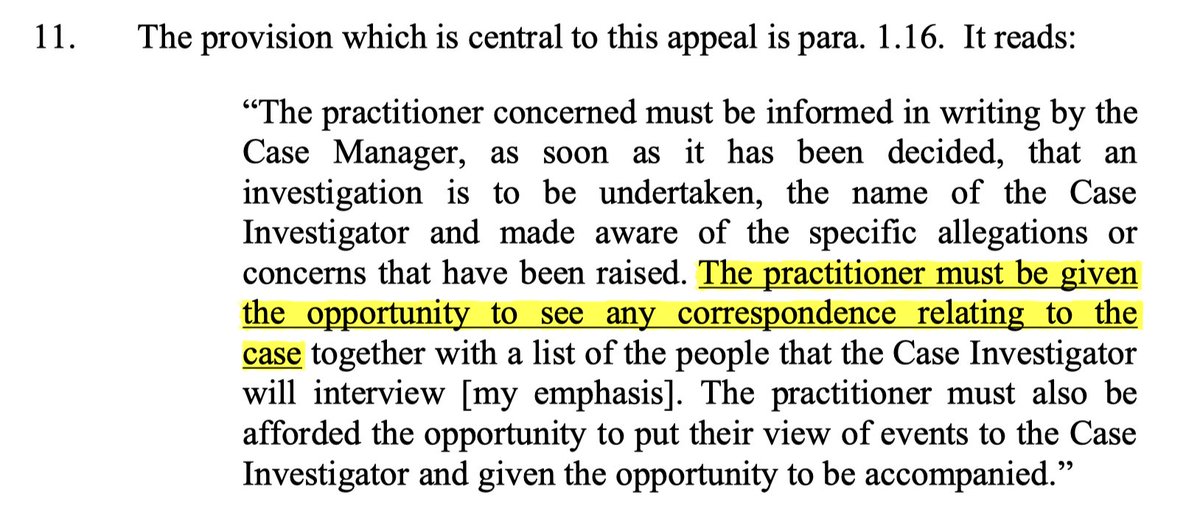
Smith v Pimlico Plumbers is back post-lunch. 10 or so minutes of @MichaelFordQC followed by @CasparQC
(the right link this time)
(the right link this time)
@CasparQC making a big submission that paid EU annual leave rights should carry over to termination when the employer refuses to remunerate annual leave because entitlement to that leave is in dispute. Crucial to the time issue in this case.
Making some very strong effectiveness-type submissions as to why the right should be carried over to termination - claims otherwise annually for small sums, needing to take (unpaid) leave to prosecute, unlikely to receive damages awarded, & in precarious employment positions.
A question finally asked of @CasparQC: has anyone challenged the 2-year limitation (under ERA s.23(4A).
Answer given: No [Pause]; Yes [Pause]; Maybe
All bases covered there, before CG then gives a nod to the livestream audience (an audience of 12 at the time!).
Answer given: No [Pause]; Yes [Pause]; Maybe
All bases covered there, before CG then gives a nod to the livestream audience (an audience of 12 at the time!).
Chris Jeans gets onto his feet and starts: "Sounds complicated, doesn't it?" - brilliant opening line. Now suggesting it sounds complex because it's being argued back to front & then enumerates a simple way to consider matters from front to back.
• • •
Missing some Tweet in this thread? You can try to
force a refresh












